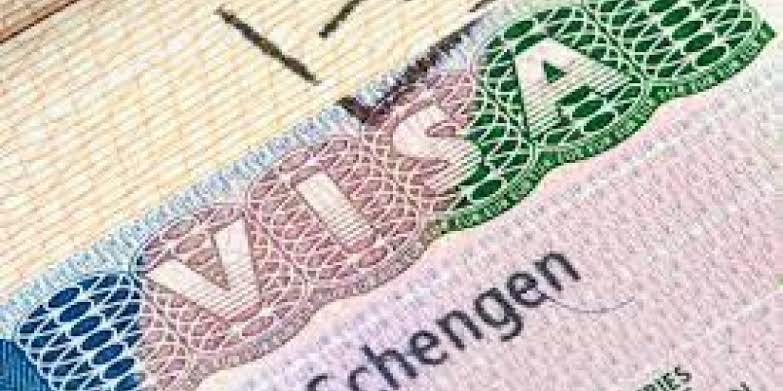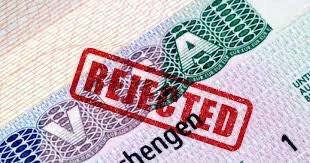Nigerians incurred €3.4 million in losses from Schengen visa application dismissals in 2023, recent data appears.
A total of €3,435,200 (N5.5 billion) in non-refundable visa application expenses was misplaced due to high dismissal rates for Schengen visas, a phenomenon alluded to as ‘reverse remittances’.
This trend has been especially burdensome for African nations, who are affected the foremost considering that many have a few of the lowest wages in the world.

“Historically, Africans have been among the best Schengen visa applicants. Alongside filing most visa demands, they are also the most rejected applicants,” the report said.
Africans collectively spent €56.3 million on Schengen visa applications final year, with up to 704,000 applications denied, according to the Schengen visa information.
This sum represented 43.1 percent of all visa-related consumptions.
“The high number of rejected visa applications has caused African nationals to spend millions every year, benefitting no one but the EU nations, Schengen,” it said.
The non-refundable nature of visa expenses increases the budgetary strain on candidates, turning these payments into a win-lose situation for Africa where the continent occasionally encounters the latter.
The financial burden might deteriorate as the EU implements a 12.5 percent hike in visa fees from June 11, 2024, raising the cost from €80 to €90 per application.
Thus, the total costs for African applicants are anticipated to rise to €63 million.
Marta Foresti, founder of the research and policy community, Local Action on Global Opportunities (LAGO) commented on the suggestions of this visa disparity.
“Visa inequality has very tangible results and the world’s poorest pay the price. You can think of the costs of rejected visas as ‘reverse remittances’, money flowing from poor to rich countries. We never hear about these costs when discussing aid or migration, it is time to change that,” Foresti said.

A recent EU Observer study revealed that the Schengen visa rejections generated €130 million in 2023 alone, a 15 percent increment from the previous year when revenue of €105 million was recorded.
African and Asian nations bear 90 percent of these costs, underscoring the disproportionate effect on many of its fragile regions.
In February, Reports detailed that remittances to Nigerians fell to their lowest in about three years due to scarce foreign trade and slow growth rates in larger economies.
Reports from analysis of the most recent quarterly report from the Central Bank of Nigeria (CBN) show that remittances inflow to Africa’s greatest economy through official channels fell to $4.58 billion in the third quarter of 2023 from $4.95 billion in the past quarter.
It also dropped by 4.6 percent from $4.8 billion in Q3 of 2022, when it ranked ninth among best remittances recipients globally, with $20.13 billion.
In Nigeria, diaspora remittances are the second-largest source of foreign exchange inflow, following only crude oil profit.




































